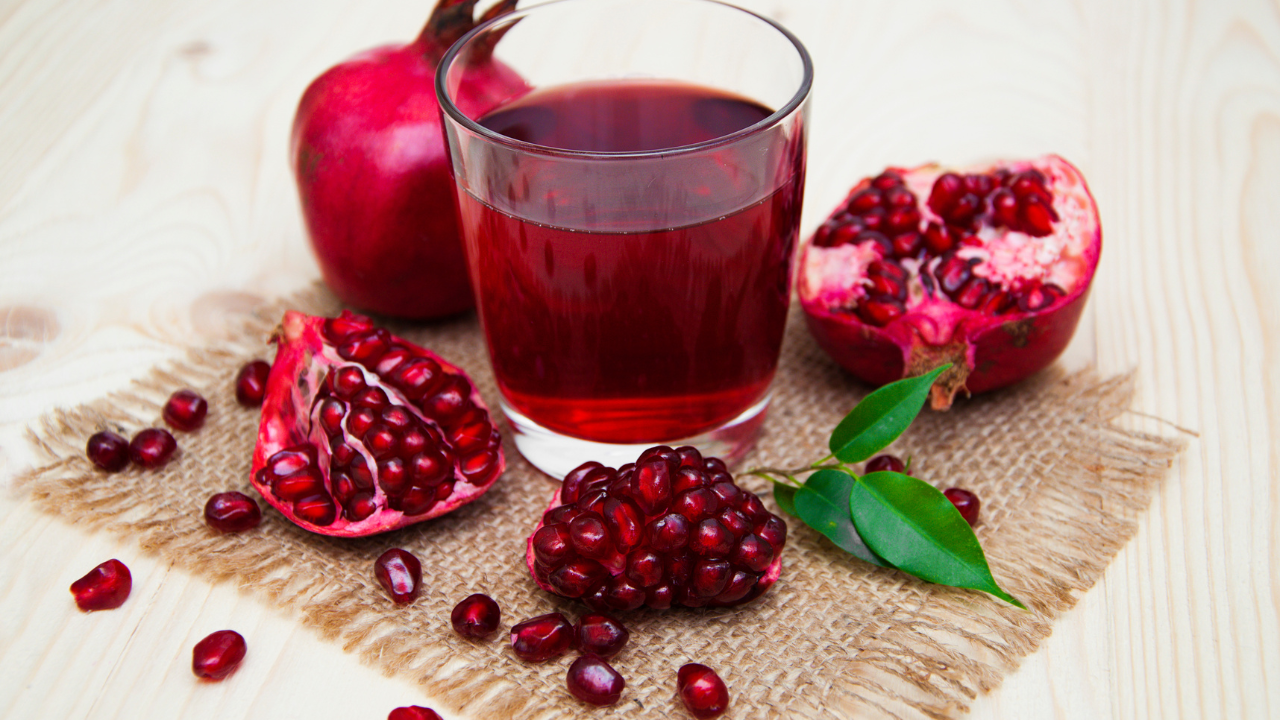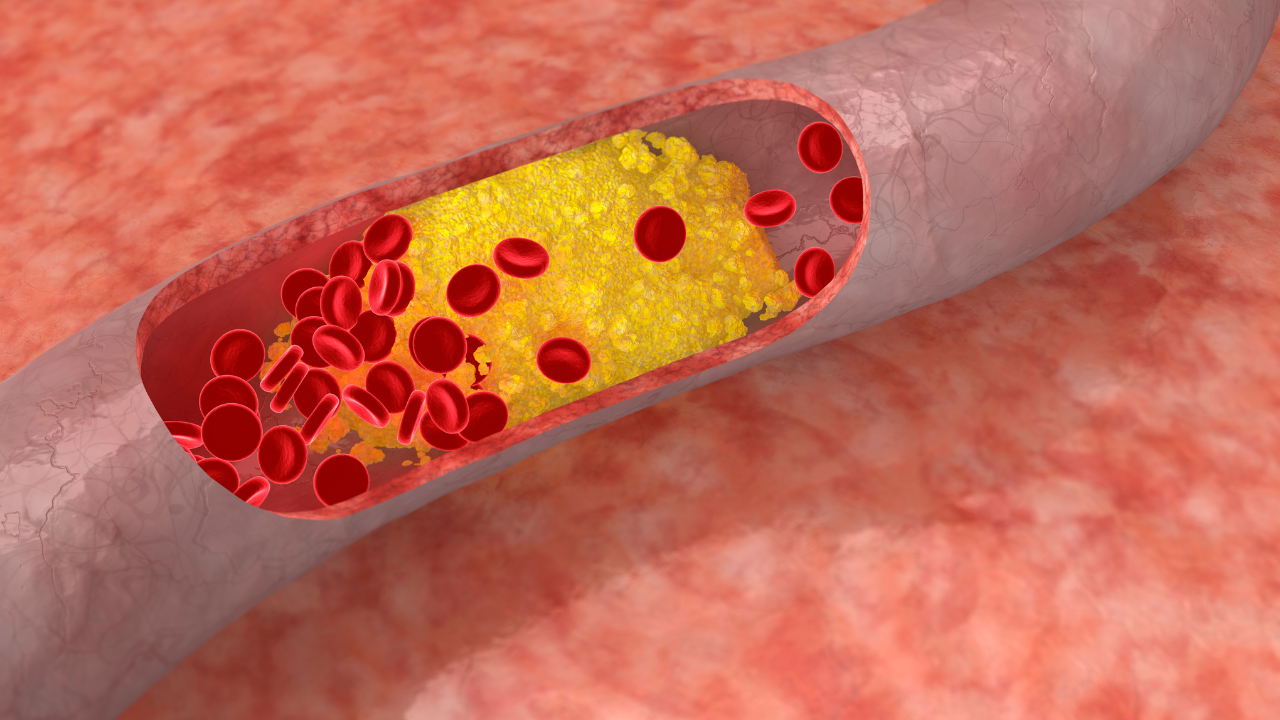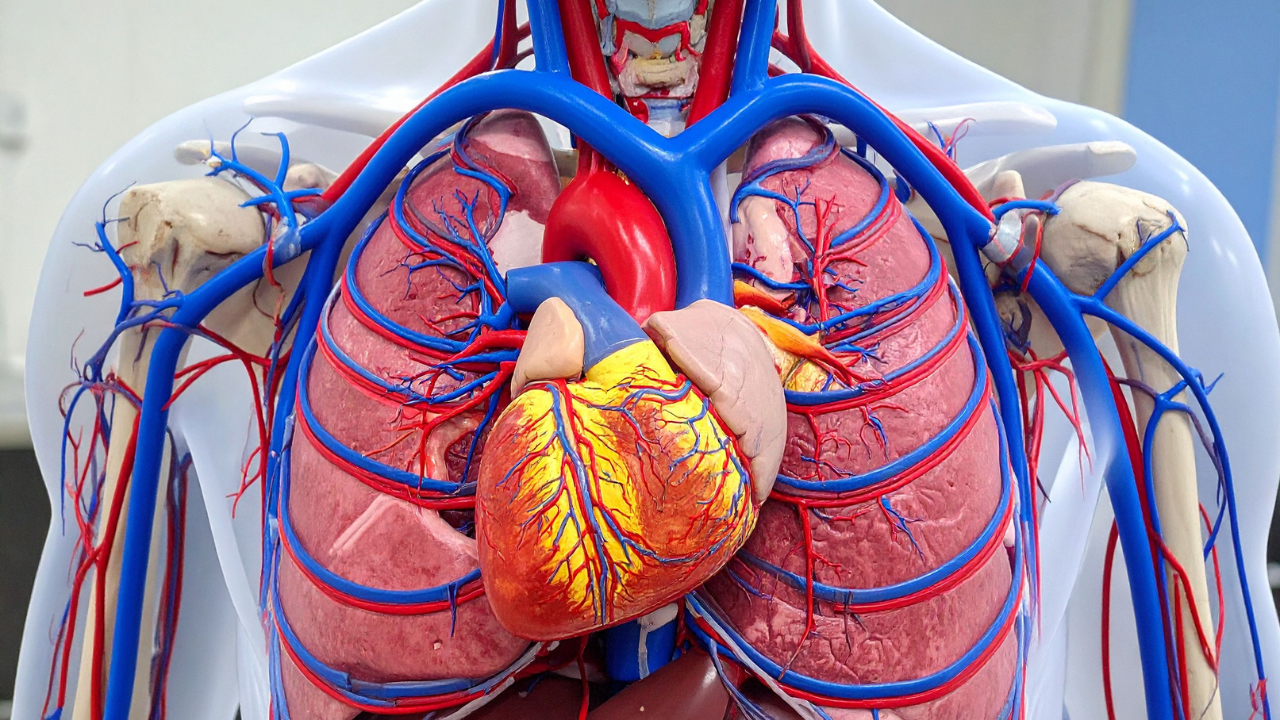Pomegranate juice, particularly consumed with seeds included, may reduce arterial plaque buildup by a significant amount, based on observations made by Ryan Fernando, a clinical nutrition counselor. A study cited by Ryan Fernando, showed that participants who consumed pomegranate extract or juice blended with seeds daily for a year had up to a 35 percent reduction in carotid intima-media thickness (CIMT).CIMT is an innocuous, non-invasive marker used to ascertain the thickness of the inner layers of carotid arteries responsible for blood supply to the brain. Any rise in the thickness of this artery is generally associated with atherosclerosis, plaque buildup, and cardiovascular risk like heart attack or stroke. The diminution of CIMT as seen reflects reversal or retardation of the arterial plaque formation.
The role of whole pomegranate

The most significant part of the research was the employment of the seeds. Unlike most commercial pomegranate juices that don’t contain the fibrous seed component, the research was conducted on juice or extract with whole fruit, including the seeds.Pomegranate seeds are richly polyphenol, containing punicalagins and ellagic acid, both of which have been studied intensively for their antioxidant and anti-inflammatory properties. These compounds are most likely to play a key role in suppressing the oxidative stress in arterial walls, ensuring healthy endothelial function, and slowing the development of plaque formation.
Arteries and plaque buildup

Arterial plaque consists of cholesterol, fatty deposits, calcium, and cellular waste. This becomes hardened as time progresses, narrowing the arteries and denying blood circulation. As the plaque accumulates, the intima-media layer of the walls of the arteries thickens and may be measured with ultrasound-based CIMT scans. Thickened intima-media is an established early indicator of cardiovascular disease risk.Reduction of CIMT by 35 percent is an impressive finding, and that dietary intake of certain whole-food nutrients may influence long-term cardiovascular disease outcomes seems to be the case.
A natural approach

Ryan Fernando described the effect of compounded pomegranate juice as being like “Drainex in the human body,” referencing its potential role to assist the natural ability of the body to dissolve arterial deposits. Although not an exact simile, the term is a reference to the fruit’s potential detoxifying effect on the circulatory system.Daily drinking of pomegranate juice containing seeds can be an adjunct strategy for those concerned with high cholesterol, arterial plaque, or overall cardiovascular well-being. It should be noted here, though, that these types of dietary changes need to be one facet of a broader heart-healthy lifestyle that includes regular exercise, balanced nutritional intake, and medical oversight.
Practical application
To reap optimal health benefits, pomegranate juice should be prepared fresh at home from the entire seeds. Juicing the arils (the red, juicy flesh of the seeds) with a small amount of water or lemon juice helps maintain the fiber and phytonutrients of the seeds. Filtered, sweetened commercial juices might not provide similar health benefits.Healthy dieticians and practitioners can, as a preventive measure, recommend whole pomegranate juice blend to their clients at risk for cardiovascular disease, particularly patients with higher values of CIMT or family history of arterial plaque.
